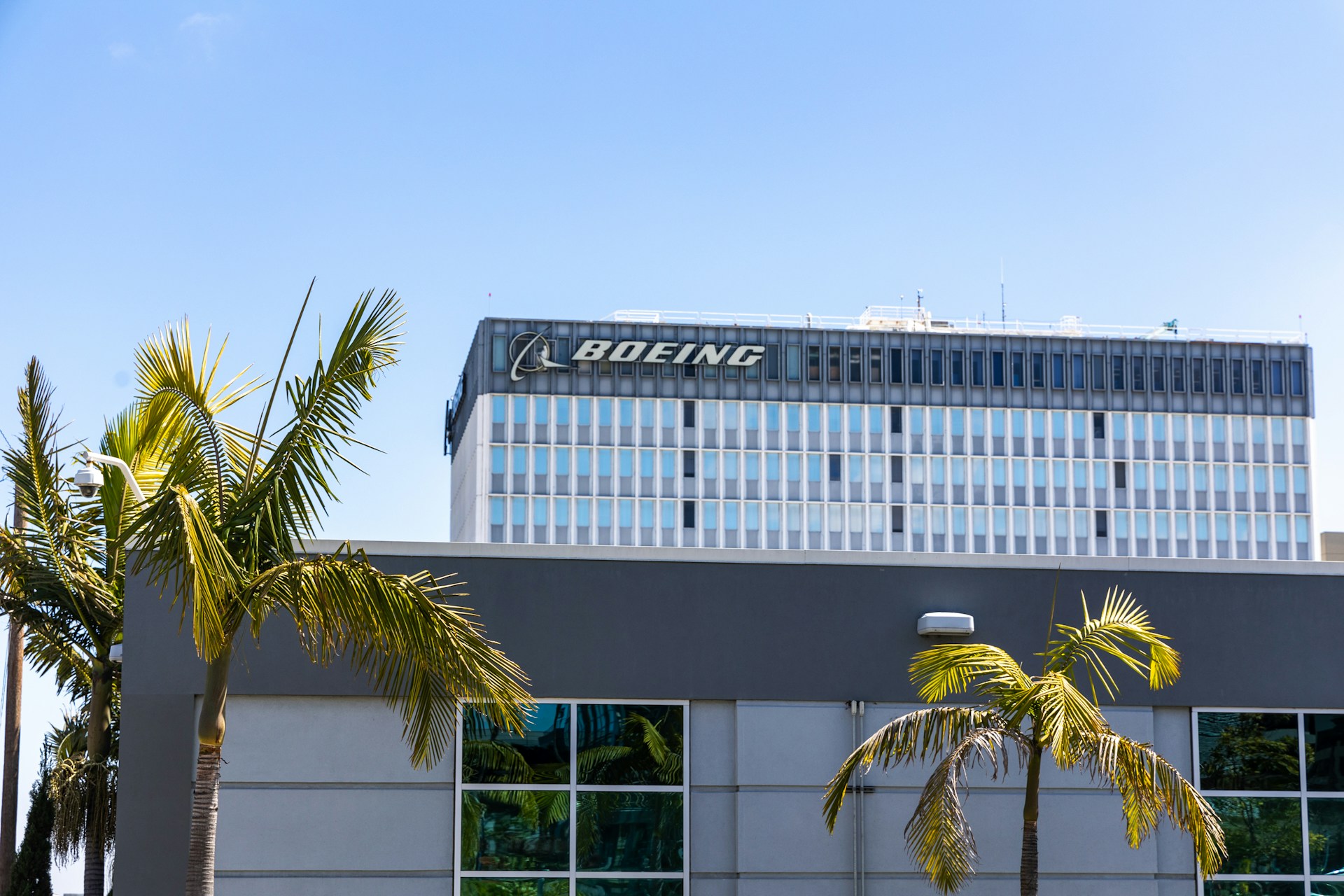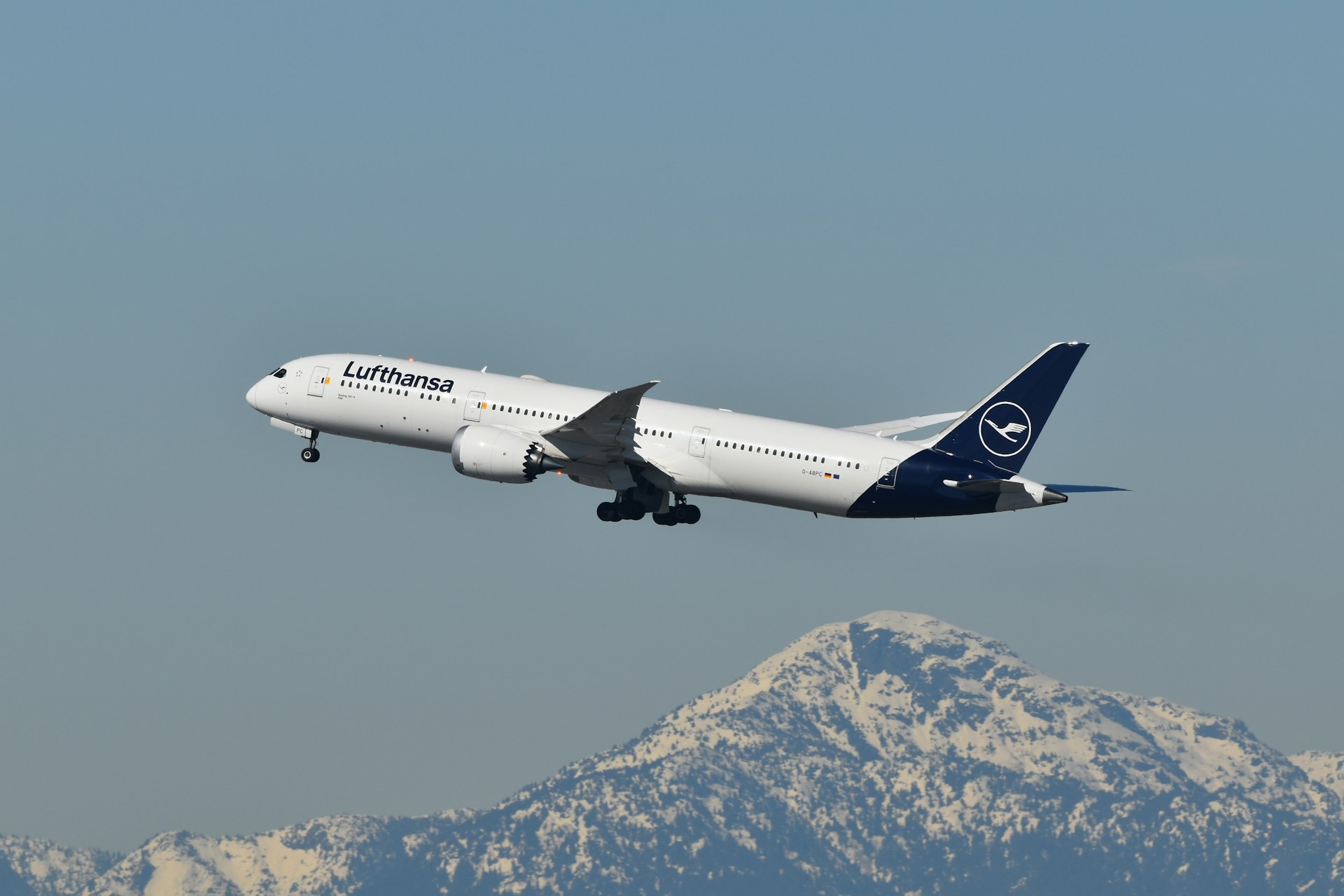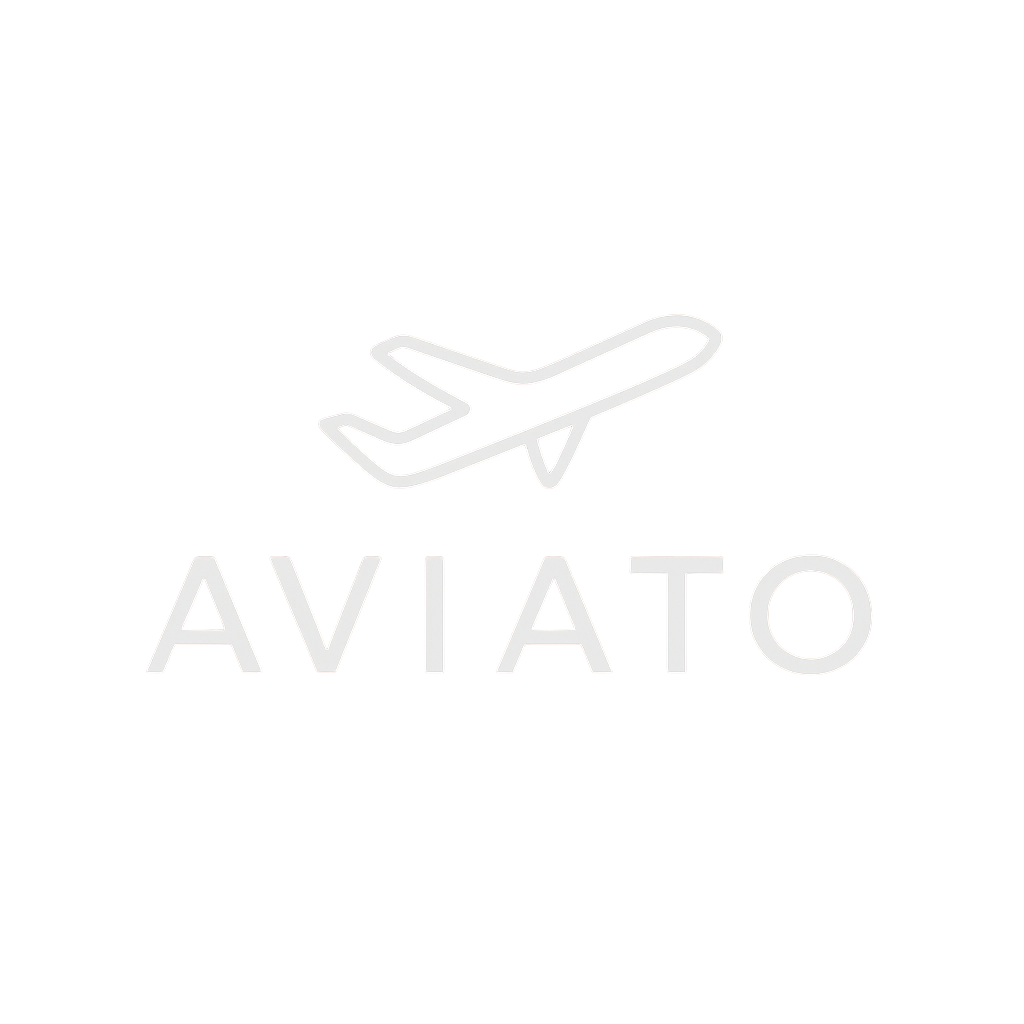Boeing’s Spirit AeroSystems Acquisition Delayed to Late 2025 Amid Regulatory and Integration Hurdles
Key Takeaways
- Boeing’s $8.3 billion acquisition of Spirit AeroSystems has been delayed until the end of 2025, extending the initial closing timeline by several months.
- The acquisition seeks to reintegrate critical fuselage production for Boeing’s 737 MAX program, strengthening manufacturing control and quality oversight.
- Regulatory reviews and operational complexities are driving the delay, reflecting heightened scrutiny following Boeing’s recent safety and production setbacks.
- Spirit AeroSystems’ Wichita plant—responsible for 737 MAX fuselages—remains a strategic priority as Boeing seeks to stabilize its supply chain.
- Analysts suggest the extension could be advantageous, providing additional time to address workforce, technology, and process integration challenges.
- The deal underscores Boeing’s long-term strategy of vertical reintegration, reversing decades of supplier outsourcing practices.
Boeing’s Strategic Reclamation of Manufacturing Control
Boeing’s acquisition of Spirit AeroSystems, first announced earlier this year, represents one of the company’s most significant strategic shifts in decades. By bringing fuselage manufacturing back in-house, Boeing aims to regain tighter control over the production quality, delivery timelines, and cost structure of its most critical aircraft programs — particularly the 737 MAX.
Spirit AeroSystems, originally part of Boeing until it was spun off in 2005, remains one of the largest aerospace suppliers in the world. Its Wichita facility manufactures fuselages for Boeing’s narrow-body jets and components for other major aircraft programs. Reintegrating this manufacturing capacity under Boeing’s ownership marks a course correction after years of supply chain decentralization.
Regulatory and Operational Complexities Extend Timeline
The acquisition’s delay until late 2025 underscores the multifaceted challenges Boeing faces as it attempts to absorb a supplier of Spirit’s scale and strategic importance. The deal requires approval from multiple international regulatory authorities, including those overseeing antitrust and defense-related considerations.
Beyond the regulatory hurdles, operational alignment presents another major challenge. Spirit AeroSystems employs roughly 21,000 people globally, with extensive production lines and long-standing customer contracts that extend beyond Boeing. Integrating these operations requires careful coordination to avoid disruptions in existing programs and ensure a seamless transition for both workforces.
Industry observers note that Boeing’s focus on restoring its manufacturing reputation—particularly after several high-profile quality incidents—has intensified the complexity of the integration process. The delay allows the company to conduct a thorough audit of Spirit’s facilities, technology systems, and supply chain dependencies before finalizing the acquisition.
Financial and Market Implications
The $8.3 billion acquisition is seen as both a defensive and strategic move for Boeing. While the deal’s financial terms remain unchanged, the extended timeline creates short-term uncertainty for investors, suppliers, and customers alike.
For Spirit AeroSystems shareholders, the delay means a longer wait before transaction completion, though the partnership continues under the existing supplier arrangement. Boeing, meanwhile, continues to rely heavily on Spirit for fuselage production, particularly for its high-demand 737 MAX and 787 programs.
Market analysts suggest that the delay may prove beneficial, enabling Boeing to better prepare for full integration and mitigate financial risk. A rushed acquisition, they argue, could have compounded existing production bottlenecks rather than alleviating them.
Implications for 737 MAX Production
Boeing’s move to bring fuselage manufacturing back under direct control stems from persistent quality control issues at Spirit AeroSystems that have contributed to production delays and rework requirements on the 737 MAX line.
By internalizing Spirit’s operations, Boeing expects to gain real-time visibility into fuselage assembly processes, improve coordination between design and manufacturing teams, and establish more robust quality standards.
However, until the acquisition is finalized, Spirit remains an independent supplier. This means Boeing must carefully balance maintaining current production rates with preparing for operational transition — a logistical and managerial challenge that will extend well into 2025.
A Step Toward Broader Supply Chain Realignment
Boeing’s decision reflects a broader industry trend toward vertical integration, as aerospace manufacturers seek greater control over their supply chains following the disruptions of the pandemic era. Decades of outsourcing helped aerospace companies reduce costs but also exposed them to quality inconsistencies, delivery delays, and supplier vulnerabilities.
If successful, the Spirit AeroSystems acquisition could serve as a blueprint for future reintegration efforts, not only within Boeing but across the wider aerospace manufacturing sector. Industry insiders note that other manufacturers may follow Boeing’s lead in reclaiming core production processes to strengthen resilience and ensure consistent quality.
FAQs
When will Boeing complete the Spirit AeroSystems acquisition?
Boeing now expects to finalize the transaction by the end of 2025, extending the original timeline by several months to accommodate regulatory reviews and operational readiness.
Why is Boeing acquiring Spirit AeroSystems?
The acquisition aims to bring critical fuselage manufacturing back under Boeing’s control, improving oversight, reducing delays, and strengthening quality assurance — especially for the 737 MAX program.
How much is Boeing paying for Spirit AeroSystems?
Boeing is acquiring Spirit AeroSystems in a deal valued at approximately $8.3 billion, reflecting the supplier’s strategic importance within Boeing’s production network.
What are the main challenges causing the delay?
The delay stems from regulatory approvals, cross-border compliance requirements, and the operational complexities of integrating a 21,000-employee supplier with multiple international contracts and facilities.
How will this affect Boeing’s 737 MAX production?
In the near term, Boeing will continue sourcing fuselages from Spirit under existing agreements. Over time, integration should enhance production stability and reduce quality-related disruptions.
What does this mean for the aerospace industry?
Boeing’s move could spark a broader re-evaluation of supplier relationships, prompting other manufacturers to consider vertical integration as a safeguard against supply chain disruptions and quality challenges.
✈️ Bottom Line:
The delayed Boeing–Spirit AeroSystems merger highlights the immense complexity of reabsorbing a global supplier into one of the world’s largest manufacturing ecosystems. While the extended timeline may frustrate investors, it provides Boeing a critical opportunity to ensure that its most important acquisition in decades leads to long-term operational stability, manufacturing integrity, and renewed confidence in its aircraft programs.
.zip%20-%201.PNG)



